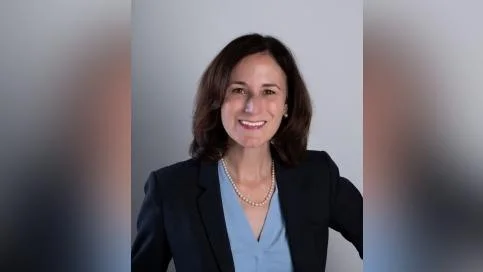Michele Beckwith Acting U.S. Attorney | U.S. Attorney for the Eastern District of California
Emilio Hernandez Yesca, a 31-year-old resident of Madera, has been sentenced to 21 years and 10 months in prison for trafficking fentanyl and methamphetamine. The sentence was handed down by U.S. District Judge Jennifer L. Thurston, as announced by Acting U.S. Attorney Michele Beckwith.
Court documents reveal that the charges stemmed from an extensive investigation into a drug trafficking organization led by Hernandez and his co-defendant Jorge Perez, aged 28, also from Madera. Between October 2020 and March 2021, they conspired to distribute large quantities of fentanyl pills and methamphetamine. In two separate transactions in October and November 2020, they sold a total of 1,400 fentanyl pills. Additionally, in February 2021, they sold one pound of methamphetamine. On March 2, law enforcement intercepted the pair en route to deliver another consignment of drugs consisting of 5,000 fentanyl pills and three pounds of methamphetamine; a loaded firearm was found under the driver’s seat during this stop.
Jorge Perez received a sentence of 11 years and 10 months on January 27, 2025.
The investigation involved multiple agencies including Homeland Security Investigations, the Drug Enforcement Administration, local police departments such as those in Chowchilla and Madera, as well as other state-level organizations like the California Highway Patrol and the California Department of Corrections and Rehabilitation. Assistant U.S. Attorney Justin J. Gilio prosecuted the case.
This case falls under the Organized Crime Drug Enforcement Task Forces (OCDETF) initiative which aims to identify and dismantle high-level criminal organizations through a collaborative multi-agency approach driven by intelligence.
Additionally, this prosecution is part of Operation Synthetic Opioid Surge (S.O.S.), an initiative aimed at reducing synthetic opioid supply in critical areas while identifying distribution networks both domestically and internationally. Launched in July 2018 by the Justice Department, S.O.S is active in the Eastern District of California along with nine other federal districts.





